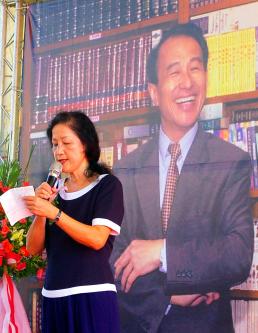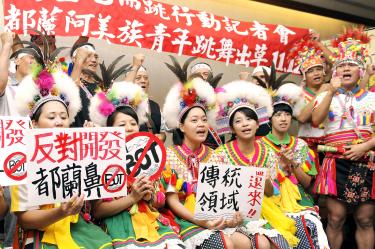The Democratic Progressive Party (DPP) has a lot to thank the Control Yuan for. If Control Yuan members had not instructed the party to return the piggy banks donated to DPP Chairperson Tsai Ying-wen’s (蔡英文) presidential campaign by three young triplets because they violated the Political Donations Act (政治獻金法), the party would never have hit upon the idea of a “little pigs month,” distributing piggy banks to supporters, who are then encouraged to return them filled with donations.
|
|||
|
More Articles...
|
|||
|
|
|||
| Page 1150 of 1529 |
Newsflash
British pianist Brendan Kavanagh on Monday held up Taiwan’s national flag during a livestream after having an altercation with a group of Chinese last month. When Kavanagh, who goes by the name Dr K Boogie Woogie on social media, was recording a livestream from St Pancras International station in London on Jan. 19, a group of Chinese standing in the background loudly insisted that they not be filmed, saying their portrait rights should be protected. The Chinese, who were holding Chinese flags when the incident occured, said that they would take legal action if their faces and voices were shown online. |













